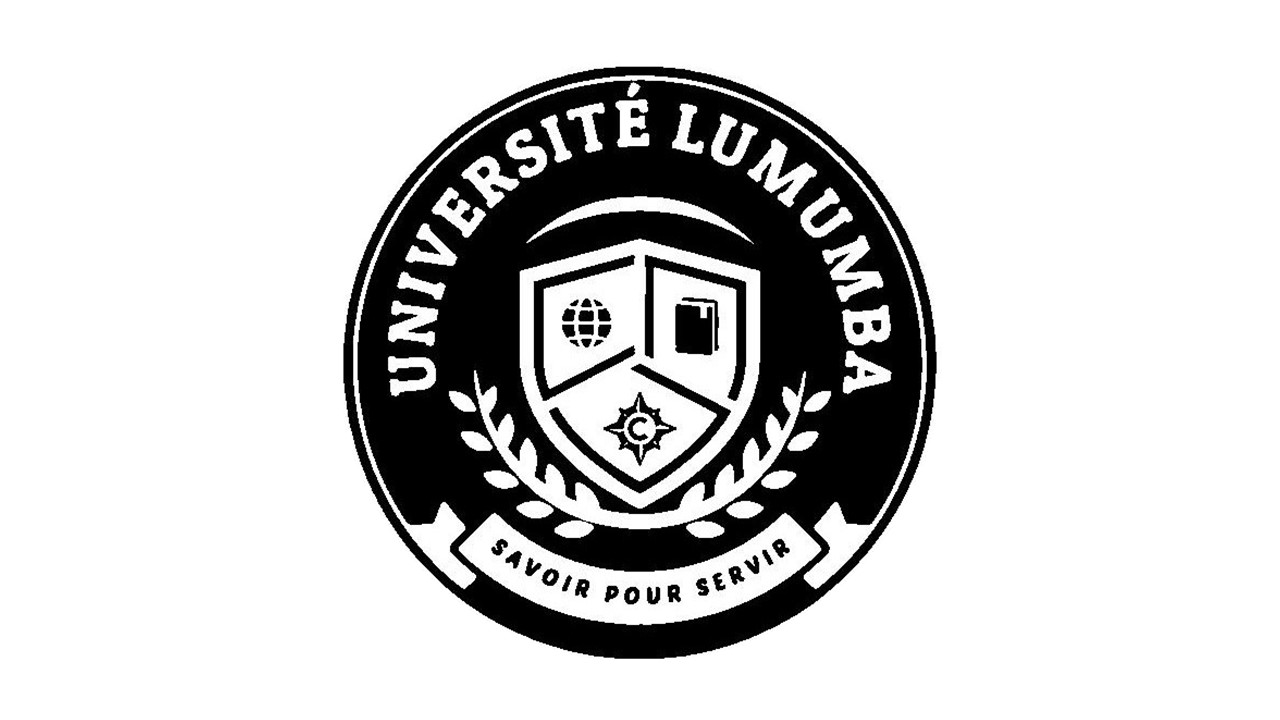Bachelor of Science in Environmental Entrepreneurship
Overview
This program combines environmental science and entrepreneurial skills to equip students with the tools to create sustainable business ventures that address ecological challenges. The curriculum begins with foundational courses in environmental science, covering principles of ecology, sustainability, and climate change mitigation. Students explore entrepreneurship fundamentals, including business model development and green innovation strategies. Practical courses focus on renewable energy solutions, circular economy practices, and sustainable supply chain management. Advanced modules delve into environmental policy, ethical decision-making, impact measurement, and financing strategies for eco-friendly initiatives. The program culminates in a capstone project where students develop a comprehensive environmental business plan tailored to address a specific issue.
Professional opportunities:
Graduates of the Bachelor of Science in Environmental Entrepreneurship are prepared to lead sustainable initiatives and develop eco-friendly ventures. Career opportunities include:
- Green Business Founder: Create and scale businesses addressing environmental challenges.
- Sustainability Consultant: Advise organizations on adopting eco-friendly practices and technologies.
- Renewable Energy Specialist: Manage projects focused on sustainable energy solutions.
- Environmental Policy Advocate: Work with policymakers and NGOs to support sustainable development.
- Circular Economy Strategist: Design waste reduction and resource efficiency plans for industries.
- Impact Investment Analyst: Evaluate funding opportunities for environmentally conscious businesses.
- Corporate Sustainability Manager: Lead environmental initiatives within corporations.
- Eco-Innovation Developer: Design and launch innovative green products and services.
This program equips students to transform environmental challenges into entrepreneurial opportunities, fostering sustainable growth and innovation across industries.
The program curriculum consists of 32 courses (124 credits) and is designed to be completed in 4 years as a full-time student. However, the University provides students with the flexibility to progress at their own pace.
The recommended course sequence from the University
1
2
3
4
| Total Courses | Total Credits |
|---|---|
32 | 128 Credits |
